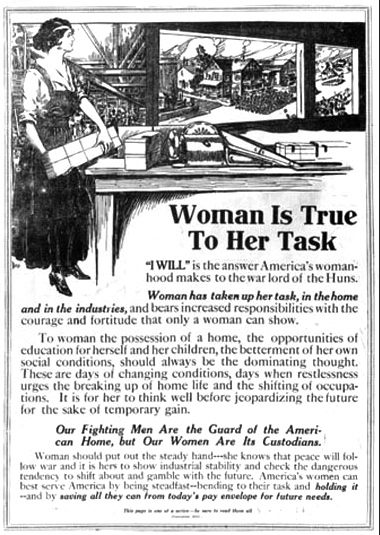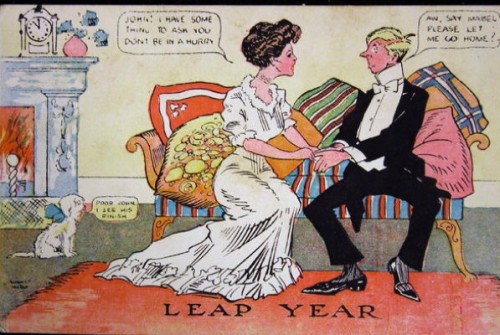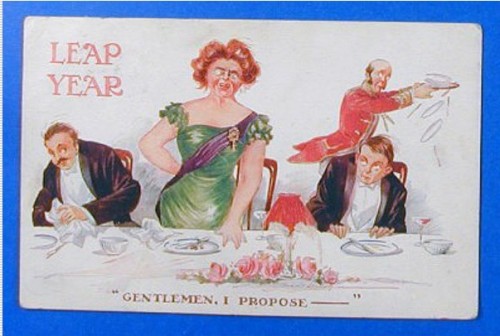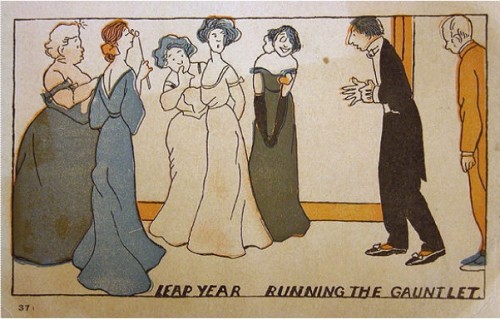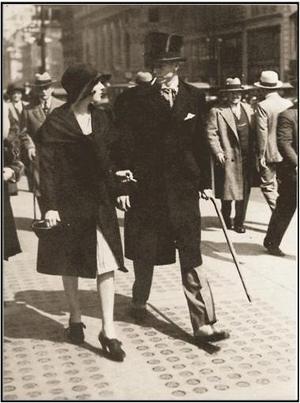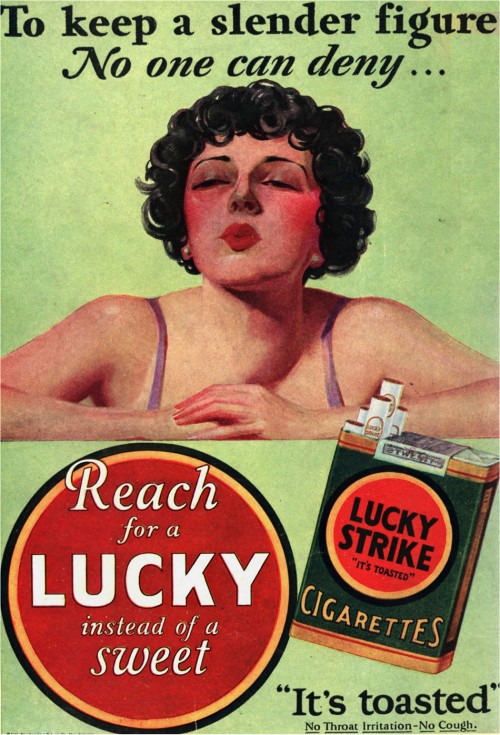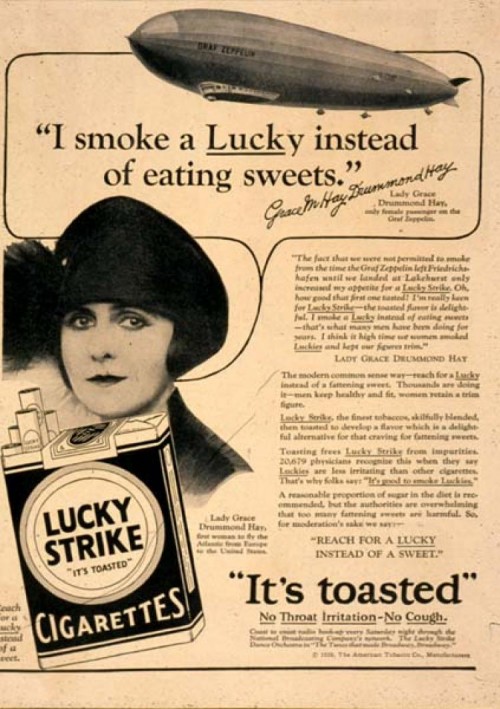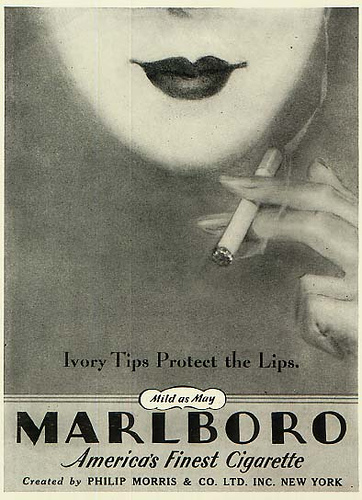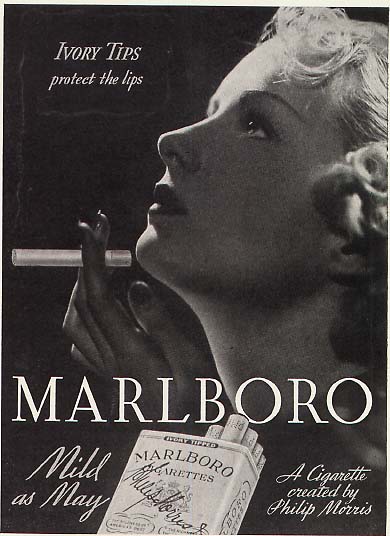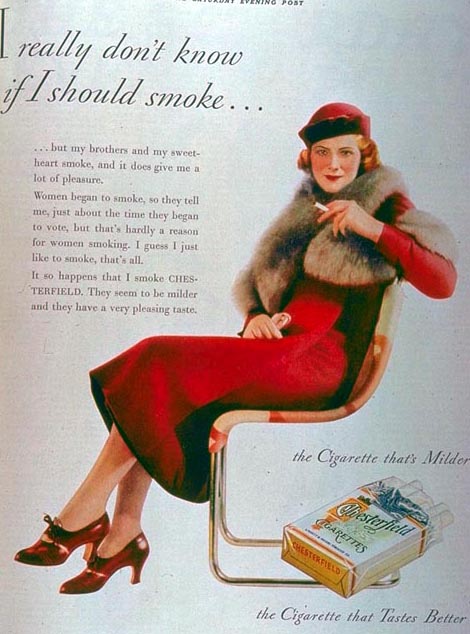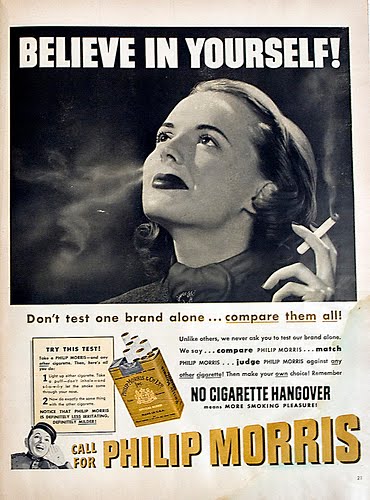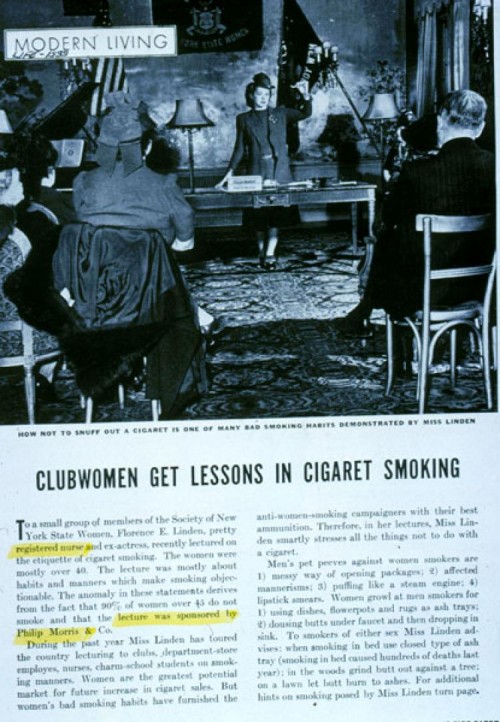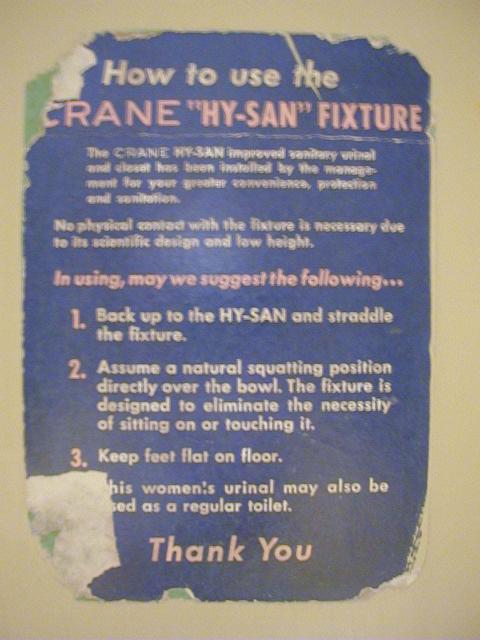 On this day in 1963 the U.S. Congress passed the Equal Pay Act, a law designed to end wage discrimination against women.
On this day in 1963 the U.S. Congress passed the Equal Pay Act, a law designed to end wage discrimination against women.
How to get the word out? Advertising of course!
Thanks to Sean D. for the link!
Lisa Wade, PhD is an Associate Professor at Tulane University. She is the author of American Hookup, a book about college sexual culture; a textbook about gender; and a forthcoming introductory text: Terrible Magnificent Sociology. You can follow her on Twitter and Instagram.

